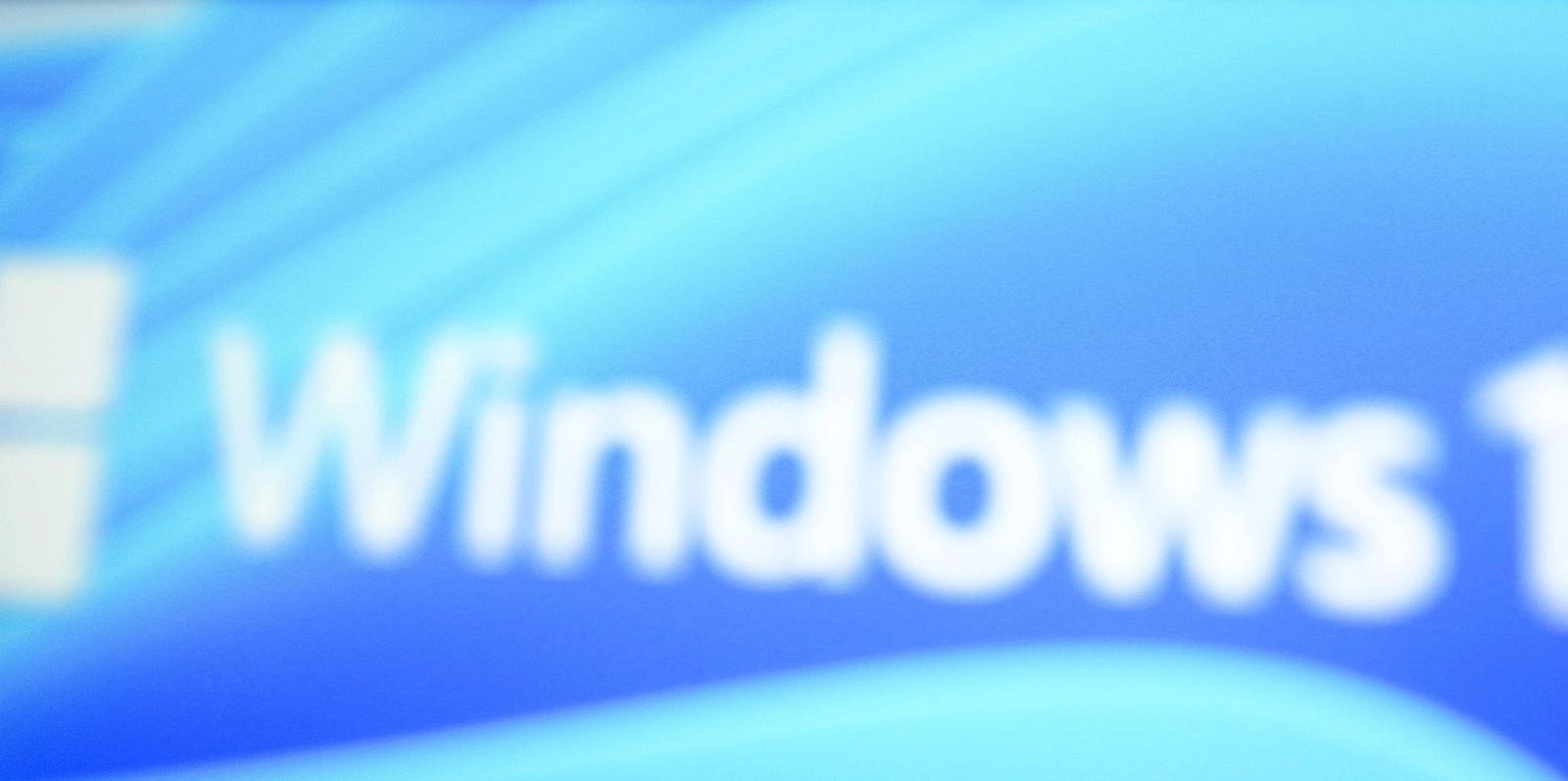Microsoft Issues Stark Upgrade Warning: 70% of Windows Users Impacted by Latest Announcement

New warning for Windows users as Microsoft’s controversial decision hits.
In just the last two weeks, Microsoft Windows users have been deluged with serious malware warnings as a bumper Patch Tuesday gave way to multiple U.S. government warnings. This is not the time to even consider dropping ongoing security support, but for hundreds of millions of users, there may soon be little choice.
We’re talking Windows 10 end of life, of course, which hits October 2025, and the dire situation with hundreds of millions of Windows users holding out from upgrading to Windows 11, either because they don’t want to or because their hardware does not meet Microsoft’s strict security hurdles to make the leap.
The question on many users’ minds has been whether these security restrictions will be relaxed as deadline-day approaches, to push millions more over the line. Or perhaps any kind of free extension to give users more time, quite apart from whatever expensive paid-for options Microsoft also chooses to introduce.
Unfortunately, for any Windows 10 users hoping for such changes, last month brought more bad news in addition to Patch Tuesday. Microsoft dashed hopes by shutting down the well-publicized “/product server” workaround that tricked the Windows setup process into completely ignoring its usual hardware tests.
At the time, I commented that “Microsoft’s new workaround decision seems to be a confirmation of its intent, maintaining its firm stance where Windows 11 hardware is confirmed… which is bad news for the 70% of all Windows users staring down the barrel of October 2025.”
XDA Developers has now suggested that “using unsupported hardware on Windows 11 is only going to get more miserable,” and their reasoning—if right—should be another warning for Windows 10 holdouts that Microsoft is unlikely to relent.
There is the obvious benefit for Microsoft, the site says, in “forcing people who want to continue to get official support to hop to Windows 11 [which] would drive PC sales,” but “there’s another layer that’s in play here.”
This “other play” is AI—what else. “Microsoft is going all-in on its AI strategy, creating what’s called ‘Copilot+ PCs’ that have enhanced AI tools that utilize a system’s NPU. Right now, there aren’t too many Copilot+ PCs out there, but give the company just over a year and there should be a lot more.”
A few hundred million PC upgrades will equate to a serious increase in the number of Copilot+ PCs in circulation, so the theory goes, and it’s difficult to dispute the rationale. This is particularly evident when the steady, monthly income from AI subscriptions starts rolling in.
Though probably not planned, there’s certainly a convenient coincidence in a generational shift in the need for PC hardware coinciding with a separate, generational move towards recurring AI revenues—like your connecting flights getting in and leaving from next-door gates.
Two other stories from the past week provide intriguing additional context. First is the comeback of Recall. This constant flow of screenshots documenting everything that’s done on your PC—both the good and the bad—should enable an AI engine to retrieve anything with a simple prompt. Initially labeled as a privacy nightmare when proposed, it is now reemerging, albeit with enhanced security measures and opt-out options, it’s coming back—at least for more advanced users to test. However, the rumor that Microsoft would allow Recall to be uninstalled turned out to be false. It’s here to stay, so get used to it.
The second iteration brings an exciting prospect for Windows 11: the capability to index all video and audio files stored on a PC for enhanced search functionality. This advancement hints at a future where your PC essentially serves as your all-encompassing digital memory, all under the watchful eyes of Microsoft’s AI. This development doesn’t bode well for those clinging to obsolete operating systems.
The coming 13 months are poised to be fascinating within the Windows ecosystem as these developments unfold, particularly with the adoption of new AI features like Recall and how Windows 11 upgrades might narrow the significant existing divides.
“Whatever happens,” XDA Developers cautions the 70% of Windows users still not on Windows 11, “there’s a good chance that using Windows 11 on incompatible hardware is going to become increasingly challenging.”
I have reached out to Microsoft for comments on the theories linking Copilot and PC sales to the end-of-life phase of Windows 10.
One Community. Many Voices. Create a free account to share your thoughts.
Our community is about connecting people through open and thoughtful conversations. We want our readers to share their views and exchange ideas and facts in a safe space.
In order to do so, please follow the posting rules in our site’s Terms of Service. We’ve summarized some of those key rules below. Simply put, keep it civil.
Your post will be rejected if we notice that it seems to contain:
User accounts will be blocked if we notice or believe that users are engaged in:
So, how can you be a power user?
Thanks for reading our community guidelines. Please read the full list of posting rules found in our site’s Terms of Service.
Hudson Valley Host is premier provider of cutting-edge hosting solutions, specializing in delivering a seamless online experience for businesses and individuals. We offer a comprehensive range of hosting services, including Shared Hosting, VPS, Dedicated Servers, and Colocation. With 24/7 technical support, robust security measures, and user-friendly control panels, we empower clients in managing their online presence effortlessly. Hudson Valley Host is your trusted partner in achieving online success.
For Inquiries or to receive a personalized quote, please reach out to us through our contact form here or email us at sales@hudsonvalleyhost.com.










